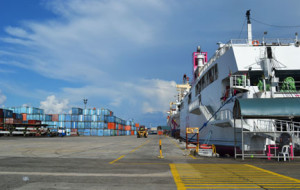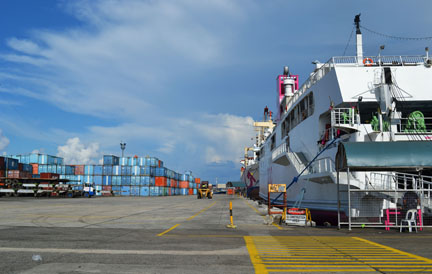 The Philippine Ports Authority (PPA) has clarified the process for assessing storage charges of outbound domestic cargoes at ports it supervises.
The Philippine Ports Authority (PPA) has clarified the process for assessing storage charges of outbound domestic cargoes at ports it supervises.
In Port Operations Memorandum Circular (POMC) No. 01-2016 dated March 21, PPA officer-in-charge Raul Santos said the clarifications were being issued following queries on how the number of storage days of an outbound domestic container or cargo is computed.
Under PPA Memorandum Circular (MC) No. 03-95, or the implementing guidelines on the proper assessment and collection of PPA port tariff rates, all cargoes stored within or outside transit sheds, cargoes that lie in the open yard storage that is not leased to a private entity at any government-owned port, or those stored in the warehouses of PPA beyond the free storage period (FSP) must pay storage charges.
Santos noted that based on PPA MC No. 16-2003, outbound domestic cargoes are allowed a free storage period of two calendar days from the date that cargo enters the port, and based on POMC 01-2016, the assessment of charges starts after the prescribed two-day free storage.
“Cargoes remaining at the port beyond the two-day FSP shall be liable to storage charges regardless of the presence/absence of the intended carrying vessel,” the PPA chief noted.
“The imposition of storage charges shall be up to the start of loading with the assumption (that) loading of cargoes is continuous,” he said.
However, if loading does not proceed through the fault of the consignee or the shipping line, then storage charges may continue to be imposed on the remaining cargo, he added.
In a sample computation, PPA said that for a 20-footer domestic container received at the Manila North Port on March 1, 2016 for loading onto a vessel bound for Davao, the FSP will be until March 3.
On March 4, domestic storage fees will start to be imposed even after the vessel arrives on March 6. Charges will stop only by March 8 when the container is finally loaded onto the vessel.
An officer from the local shipping industry in a text message to PortCalls said the explanation helps “but it does not solve the problem of why we incur storage unnecessarily.”—Roumina Pablo





